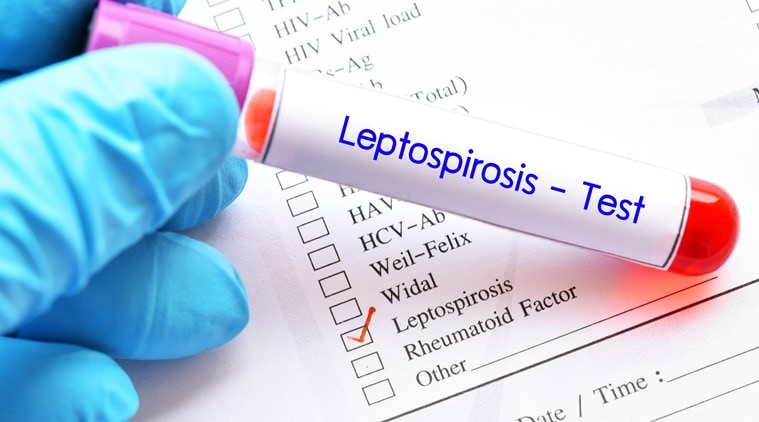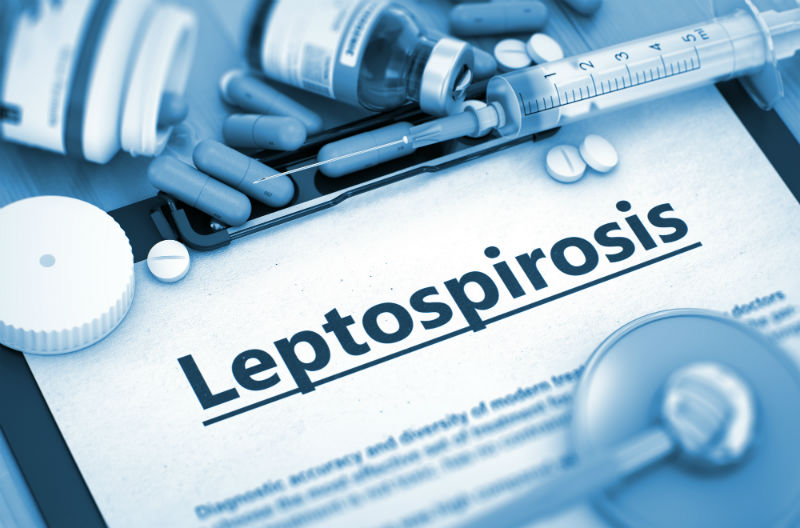How To Prevent Leptospirosis From Endangering Your Pet
Leptospirosis is one of the most widespread zoonotic diseases around the world and, while there is a relatively low incidence of the disease in the United States, the threat can be deadly to those who are at risk of contracting it.
While there have been no startling reports of it from any Virginia Beach veterinary clinic, the threat is real, especially in areas with poor sanitary and hygiene practices. The disease is also associated when someone comes in contact through contaminated bodies of water such as lakes or rivers while wading, swimming, kayaking, or rafting.
It has also become an alarming occupational hazard for those who work with animals or, outdoors such as farmers, sewer workers, slaughterhouse workers, veterinarians, and animal caretakers, dairy farmers, fish processors, military personnel, and mine workers, just to name a few.
Health institutions, such as a Virginia Beach vet hospital has been reporting an increase of leptospirosis infection among children living in urban areas in recent years, according to the Centers for Disease Control and Prevention (CDC).
It can infect both humans and pets

The threat of the deadly leptospirosis infection is also deadly to pets as it is to humans. In order to prevent your pets from catching the disease, it is always important to have your pets vaccinated for leptospirosis at any reputable Virginia Beach veterinary clinic that is authorized to administer the vaccines.
While there are several strains of the virus and may not provide total immunity to all types of the disease, veterinarians will be able to provide protection for the most prevalent strains that could likely affect your pets. Also, it would be advisable to have your pet vaccinated regularly so it may be able to receive the protection it needs for other strains of the virus.
Signs and symptoms
While signs and symptoms of leptospirosis infection vary and are typically non-specific, always be aware of common signs such as vomiting, fever, abdominal pain, diarrhea, loss of appetite, severe weakness and inability to move, severe muscle pain, stiffness, and unable to produce puppies.
Important tips for protection against leptospirosis

The primary mode of transmission of the virus between humans and animals is through direct and indirect contact with contaminated urine, animal organs, and tissues. The longest potent and active state of leptospires in urine is three months after infection, due to the lack of treatment from an infected host.
In order to prevent the disease from spreading, here are some important guidelines prescribed by the CDC.
Always avoid contact with blood, urine, or tissues from an infected pet, especially if it has not received proper treatment.
Should there be a need to handle an infected pet, always make sure to wear protective clothing, including boots and gloves for those at risk occupationally.
Always wash hands after handling your pets, regardless if they have been diagnosed or not for the disease, most especially when in contact with anything that may have been exposed to your pet’s urine or poop.
Always clean surroundings using an antibacterial cleaning solution, and make sure all pets take the prescribed medication and constant check-ups with a veterinarian.
The moment you notice display signs and symptoms, do not hesitate to bring them immediately to a Virginia Beach veterinary clinic for diagnosis and treatment.

